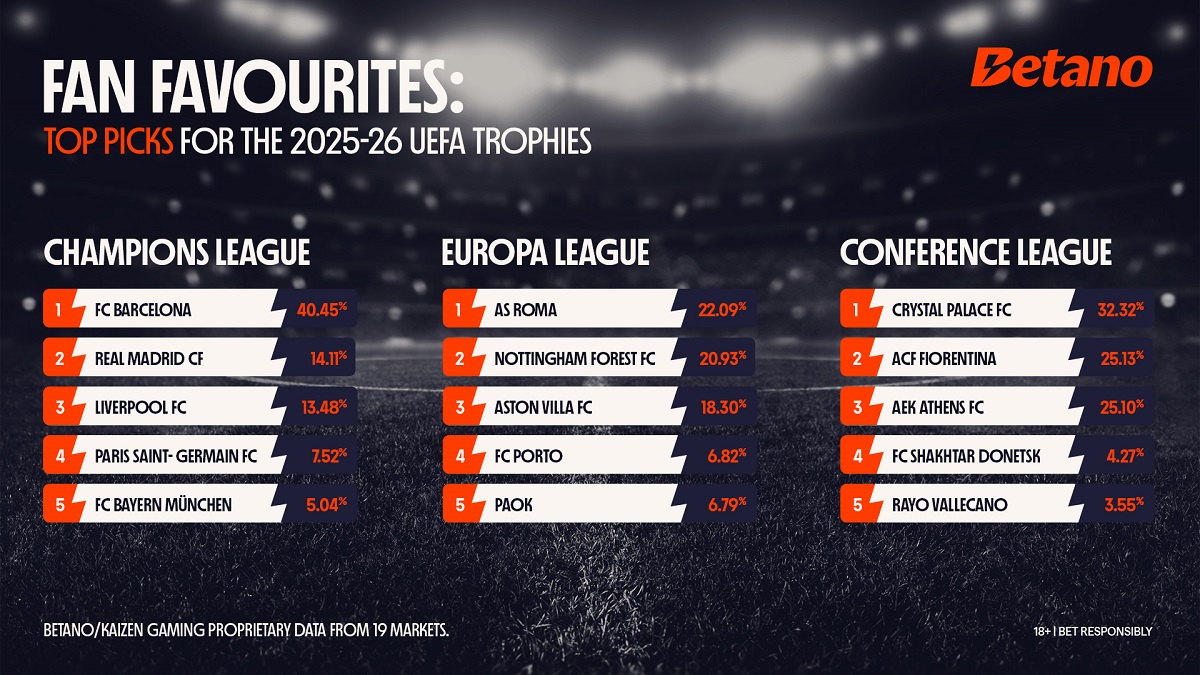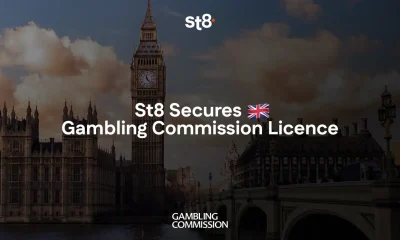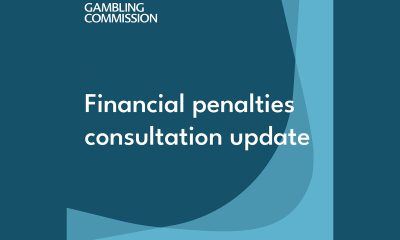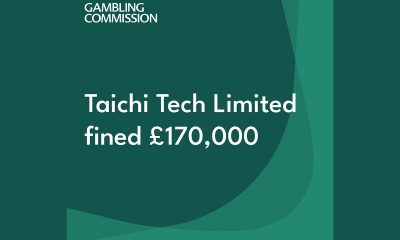Compliance Updates
UKGC: Systemic failings at Caesars Entertainment UK leads to the departure of three senior managers and sanctions of £13m

The UK Gambling Commission has announced that Caesars Entertainment UK Limited is to pay £13m and must implement a series of improvements following a catalogue of social responsibility, money laundering and customer interaction failures including those involving ‘VIPs’.
As a result of this investigation three senior managers at the company surrendered their personal licences.
The Regulator’s investigations into Personal Management Licence holders are ongoing.
The land-based gambling business, which operates 11 casinos across Britain, will pay the money following an investigation by the Commission which found serious systematic failings in the way the company took decisions about VIP customers between January 2016 and December 2018.
Social responsibility failings included:
- Inadequate interaction with a customer who was known to have previously self-excluded and lost £240,000 over a 13-month period
- Inadequate interaction with a customer who lost £323,000 in a 12-month period and had displayed signs of problem gambling which included 30 sessions exceeding five hours
- A customer allowed to lose £18,000 in a year despite identifying herself as a self-employed nanny and informing staff that her savings had been spent, and that she was borrowing money from family and using an overdraft facility to fund gambling activities
- Inadequate interaction with, and source of funds checks on, a customer who identified as a retired postman and lost £15,000 in 44 days.
Money laundering failings included:
- The operator not carrying out adequate source of funds checks on a customer who was allowed to drop around £3.5 million and lose £1.6 million over a period of three months.
- The operator not obtaining adequate evidence of source of funds for a politically exposed person (PEP) who lost £795,000 during a 13-month period
- The operator not carrying out enhanced customer due diligence (ECDD) checks on a consumer who lost £240,000 over a 13-month period
- The operator not carrying out adequate source of funds checks on a customer who identified as a waitress and was allowed to buy-in £87,000 and lose £15,000 during a 12-month period.
Neil McArthur, Chief Executive of the Gambling Commission, said: “We have published this case at this time because it’s vitally important that the lessons are factored into the work the industry is currently doing to address poor practices of VIP management in which we must see rapid progress made.
“The failings in this case are extremely serious. A culture of putting customer safety at the heart of business decisions should be set from the very top of every company and Caesars failed to do this. We will now continue to investigate the individual licence holders involved with the decisions taken in this case.
“In recent times the online sector has received the greatest scrutiny around VIP practices but VIP practices are found right across the industry and our tough approach to compliance and enforcement will continue, whether a business is on the high street or online.
“We are absolutely clear about our expectations of operators – whatever type of gambling they offer they must know their customers. They must interact with them and check what they can afford to gamble with – stepping in when they see signs of harm. Consumer safety is non-negotiable.”
All £13m from this case will be directed towards delivering the National Strategy to Reduce Gambling Harms.
The action against Caesars is the latest in a line of tough regulatory action by the Commission.
Since January the Commission has suspended the operating licences of Stakers Limited, Addison Global Limited, and Multi Media International Limited.
So far this year regulatory action has led to the industry paying £27 million in penalty packages. This includes £11.6 million for Betway and £3 million for Mr Green.
Read public statement about Caesars Entertainment here.
Source: UKGC
-

 Latest News7 days ago
Latest News7 days agoAnswer the Call of the Wild: ELA Games Unveils Its Latest Game “Buffalo Force”
-

 Compliance Updates6 days ago
Compliance Updates6 days agoSOFTSWISS Compliance Expert Shares Knowledge on AML in iGaming for Sumsub Academy
-

 Asia6 days ago
Asia6 days agoTesla to showcase Model Y with NODWIN Gaming at the thrilling BGMS Season 4 Grand Finals
-

 Africa6 days ago
Africa6 days agoRacing1 is exhibiting for the first time at the Grand Prix D’Afrique
-

 Latest News6 days ago
Latest News6 days agoÅland-Based Gaming Company Paf Becomes Main Partner of the Finnish Ski Association – One of the Most Significant Sponsorship Agreements in the Association’s History
-

 Latest News6 days ago
Latest News6 days agoKaizen Gaming data – FC Barcelona the fan favourite to win the Champions League
-

 Latest News6 days ago
Latest News6 days agoAnimo Studios debuts virtual hosts for live table games starting with Stake
-

 Latest News6 days ago
Latest News6 days agoWeek 37/2025 slot games releases






























